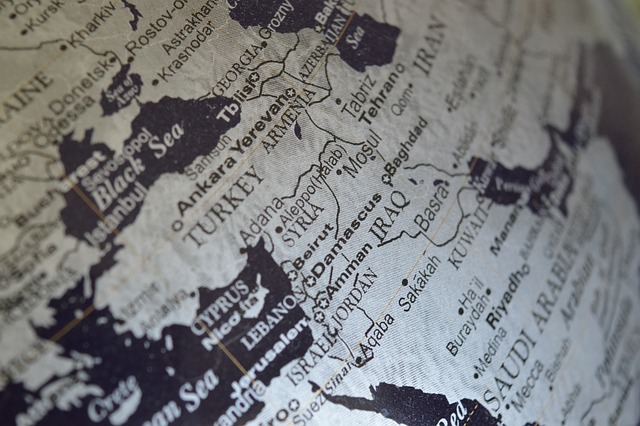Understanding the Interplay Between Climate Change and Global Power
As the planet warms, the very fabric of international relations is being rewoven. Geopolitics, traditionally shaped by resources, territorial boundaries, and strategic alliances, now faces a transformative force: climate change. This new reality challenges nations to rethink their priorities and strategies in an era where environmental shifts dictate more than just weather patterns—they influence security, migration, and economic stability.
The Shifting Landscape of Power
Rising temperatures and melting ice caps are opening previously inaccessible regions, such as the Arctic, to exploration and exploitation. This emergence invites a geopolitical contest over untapped natural resources and new shipping lanes. Countries with Arctic borders are increasingly asserting their claims, creating a complex web of cooperation and competition that could redefine global power dynamics.
Resource Scarcity and Its Ripple Effects
Warming climates exacerbate scarcity of essential resources like water and arable land. Regions once abundant may face droughts, while others become more habitable. These shifts compel countries to navigate challenges ranging from food security to mass migration, each with profound geopolitical implications. The competition for dwindling resources risks heightening tensions, but it also offers opportunities for collaborative problem-solving.
Climate-Induced Migration: A New Security Concern
Environmental changes are increasingly driving people to relocate, both within and across borders. This movement places pressure on host nations and can ignite social and political friction. Understanding these migration patterns is crucial for policymakers aiming to maintain stability in a warming world. Addressing the root climate causes alongside humanitarian responses is essential for effective geopolitical management.
Global Cooperation vs. National Interests
Perhaps the greatest challenge lies in balancing national interests with the need for collective action. Climate change transcends borders, requiring unprecedented levels of cooperation. Yet, geopolitical rivalries and differing economic capacities often hinder progress. Bridging this gap demands diplomatic ingenuity, trust-building, and a shared recognition that in the face of global warming, no nation stands alone.
Embracing a New Geopolitical Paradigm
For individuals around the world, the evolving geopolitics of a warming planet are not abstract concepts but lived realities affecting security, prosperity, and daily life. Acknowledging this interconnectedness fosters empathy and drives a more informed dialogue on policy and responsibility. As citizens and leaders alike navigate these changes, embracing collaboration over conflict will be key to securing a sustainable and peaceful future.




